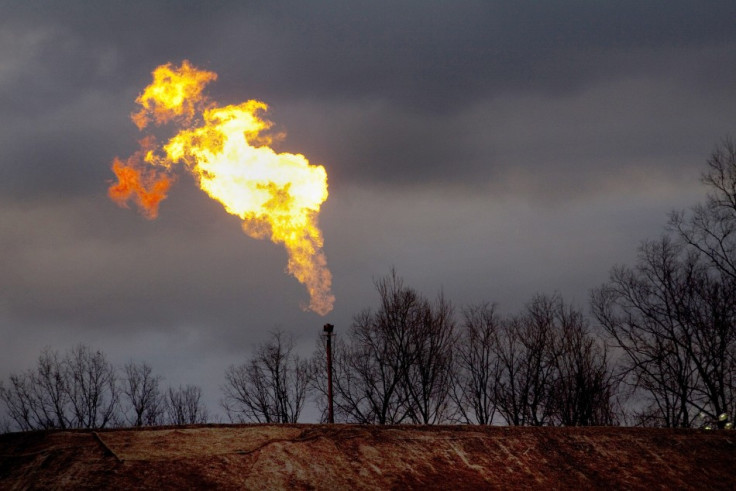UK Shale Gas Revolution Faces Planning Law Hurdle

Local councils could block the UK shale gas revolution with planning law to appease hostile local communities who have fears over fracking and flaring from nearby wells.
Lord Smith, chairman of regulatory body the Environment Agency, said shale wells require permits from his organisation and the Department for Energy and Climate Change, as well as permission from health and safety officials, before they are built - though these are not the biggest hurdles.
"The key bit that is under much less certainty is the planning permission, because you need planning permission from the local authority," said Lord Smith at a round table debate on shale gas, put on by energy industry recruiter Spencer Ogden.
"That's where I think the government needs to put some thought into. Is the planning system the right sort of mechanism for this?"
Ken Cronin, chief executive of industry representative body the UK Onshore Operators Group, said that planning is the "most difficult part" for firms wanting to explore shale gas.
"It's ultimately our social licence to operate. People do forget though ... we have already got a fairly large onshore oil and gas sector in this country," he said, pointing out that more than 2,000 wells have been drilled in the UK over the past 40 years.
"We mustn't start thinking that this is a new industry. This is an industry that has been going a very, very long time, working with our local communities, and we will continue to do so.
"On the particular issue around shale, we are going to work even harder with our local communities to ensure that they understand exactly what we are doing and what the implications are.
"Planning is probably the most important thing we need to sort out."
Some communities are concerned over the environmental impact of fracking.
It can cause mild tremors as rocks are blasted with high-pressure water to break them up and release trapped gas, which is then tapped off.
There is also a slight risk that chemicals used in the process will leak onto land and water.
Flaring - the process of burning off escaped gas - will happen at onshore shale gas wells, confirmed Andrew Austin, chief executive of UK production firm IGas, at the debate.
"We are in a scenario in which we have got to do quite a lot about rebuilding generation plants in the UK in moving to a different mix, whether it's rebuilding nuclear, closing down coal, bringing on more renewables, and bringing on more gas," said Angela Knight, head of Energy UK, which represents the consumer-facing side of the industry.
"None of this is, in one respect, popular. People want it, but they don't want it in their back garden."
In the US, where the government's aggressive pursuit of shale gas has seen both wholesale and consumer energy costs drop, mineral rights are held by the land owner, meaning they benefit directly from the production that they allow to take place.
In the UK, the Crown Estate owns the mineral rights. It means the state has the final say and will receive the bulk of the economic benefit rather than the individual property owner, despite what's underneath the land they own.
Related Articles:
UK Shale Gas Revolution: Debate 'Hot Air' Until Reserves Confirmed
Energy UK's Angela Knight: Shale Gas Revolution May Not Lower Energy Bills
UK Government Lifts Fracking Ban for Shale Gas
Centre for Policy Studies: Planning Law 'Must Be Scrapped'
Dan Byles MP: Shale Gas Could Create 30,000 Jobs and Secure UK Energy [VIDEO]
© Copyright IBTimes 2025. All rights reserved.






















